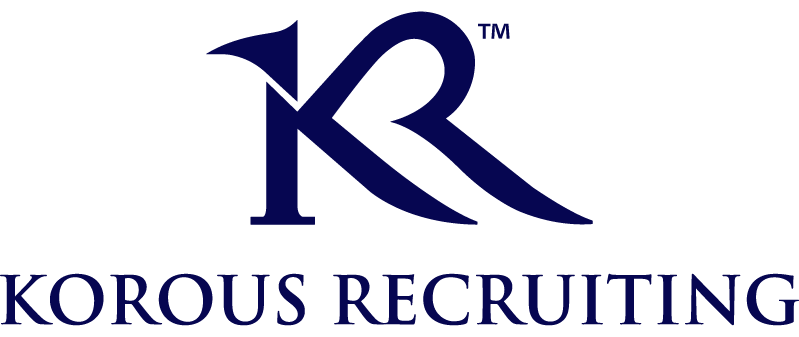Thank you notes are much more than a nice idea. Most interviewers expect to receive a thank you note following an interview and failure to send one may be viewed as a notable oversight. It may seem like a small gesture, but this small gesture is a powerful way to formally acknowledge that you appreciate your interviewer’s time and consideration. Like every other part of the interview process, however, certain conventions should be followed. This article explores when, how, and to whom to send thank you notes.
When to Send a Thank You Note
Any time you do an interview, assume that you should follow up with a thank you note or notes. Plan to send your note within 24 hours of leaving the interview and be sure to take the time required to carefully compose and proofread them.
How to Compose a Thank You Note
While a handwritten note may seem more personal, it isn’t required or expected, and will likely take too long to reach the interviewer. In this case, stick with email.
In terms of length, keep your thank you notes brief. While one sentence may come across as rushed and impersonal, few interviewers have time to read a five-paragraph message. In most cases, three or four customized sentences are ideal.
As a rule, keep the tone professional. Also, take pains to ensure the thank you note is free of slang, typos, and emoticons. After all, your thank you note is your last chance to make a good impression on the interviewer.
The most essential part of any thank you note is the content. Among other elements, be certain to include the following:
- Express Gratitude
Explicitly thank your interviewer for their time and consideration. If you can, also thank them for something specific. For example, if they took the time to discuss the firm’s in-house training program in detail, thank them for sharing this specific information. Your thank you note will be more effective if it leaves the interviewer with a strong impression that they were heard and that their time was truly appreciated.
- Share a Compliment
While compliments can go a long way, you’ll want to avoid being obsequious. To this end, you may find it helpful to say something positive about the interviewer’s practice or firm rather than focus directly on the interviewer.
- Express Enthusiasm
Every strong thank you note should also express enthusiasm for the position. Whether you convey this through the tone or with an overt statement (e.g., “I’m excited about the prospect of joining [insert name of firm]”) is up to you.
Who Should Receive a Thank You Note
As a rule, anyone who interviewed you should receive a separate note. With that in mind, be sure to keep notes on everyone you’ve met. This will not only help you with your assessment after the interview but also assist you with writing personalized messages. If you are doing individual interviews with a high number of associates and partners, individual notes may be daunting. In this case, you can just send notes to key decision makers.
Additionally, if you had a panel interview, writing individual notes isn’t necessary. In this case, it is generally acceptable to send a note to the primary interviewer and to cc anyone else who sat on the panel.
What If I Don’t Get a Response?
If you don’t receive a response to your thank you note, don’t worry. Most associates and partners are extremely busy and will not respond. Their radio silence doesn’t mean they weren’t impressed with you or didn’t appreciate your thank you note. Also, remember, if the firm is interested in moving forward, they will typically convey any next steps—whether it is a second interview or a job offer—through your recruiter.





